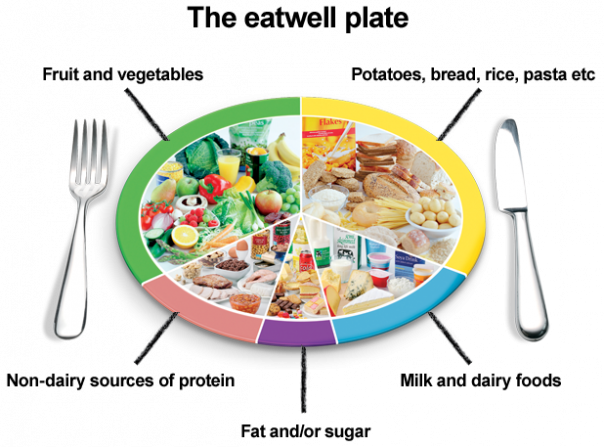
Underpinning such basic standards would be more detailed dietary regulation tailored for each of the three major parts of the public sector – schools, hospitals and care homes.
The idea of protected mealtimes to provide the right environment and enough time was also needed alongside the standards to make them work, members of the PS100 Group agreed at a meeting at the Hilton Metropole in London on April 4.
The group wants to leverage Government spending and influence to drive eating for health to tackle longstanding health issues created by poor diet.
It believes that through the people it cares for and employs, the Government has the opportunity champion eating for health for up to 19m people in the UK.
The size of the problem and potential savings are clear. More than £33bn is currently spent treating obesity-related health issues such as diabetes, strokes, cardiac disease and cancer. Preventable malnutrition, particularly among the sick and elderly, is a further cost to the public purse in extending hospital stays and hindering recovery.
Projections highlighted in the PS100 report Health and Nutrition in the Public Sector, which was launched in November 2012, indicate this cost could rise to £45bn by 2050, with an additional £40bn of wider social and business costs generated by obesity-related poor health.
Lynda Mitchell, speaking on behalf of LACA, the school meal providers organisation, said the Eatwell plate was fine in principle but might conflict with the existing food and nutrition standards that were supported by her organisation.
She raised the issue of local authority-funded food banks and wondered whether the proposed standards should apply to these as well.
And she also made the point that the adoption of minimum standards within the public sector might offer the opportunity for procurement savings.
Karen Oliver told the meeting that the National Association of Care Catering (NACC) was happy to agree basic minimum standards.
“I want them, and I want them to be mandatory. But if we get them we’ll need extra investment in food and equipment to make them work properly.”
Andy Jones of the Hospital Caterers’ Association (HCA) reminded the meeting the PS100 Group was UK-wide, but that there were four separate countries involved in healthcare delivery.
He also warned that the introduction of minimum standards was no guarantee of extra funding to support them.
“But there’s definitely a mandate to act and don’t forget that nutrition standards will drive product specification and minimum food costs.
“The Eatwell plate is a fantastic idea, but we need to be careful. We don’t want sick people in hospital thinking that a salad and fruit is the only thing they need.”
Group Captain Andy Killey, head of Defence Food and Fuel Services, described the Eatwell plate as “spot-on” as long as calorie-intake was linked to activity.
The food standards in force for the military were based on research from the Institute of Naval Medicine, which was then accepted by the Ministry of Defence.
He said food specification was based on a core range of 1,500 items with a maximum food cost per individual of £2.85 a day plus £2 for service.
“I’m currently spending money on nutritional standards and I wonder who else in the public sector is doing the same thing. It’s all public money and perhaps we should be working together.”
Julie Barker on behalf of The University Catering Organisation (TUCO) said: “This is about public sector power and we have it. We see that minimum standards are working for the MoD and we should be getting our heads together.”
Bill Kennedy of ASSIST, the Scottish local authority catering organisation, said there were lessons for the wider UK from the different areas within it.
“£137m was invested from 2003-2009 in Scottish school meals and this has helped improve meal quality and product specification.”
Summarising the meeting, David Foad, editor of Cost Sector Catering magazine, said that there was a degree of fragmentation within public sector catering in the UK which the PS100 Group was trying hard to overcome by encouraging collaboration.
He added: “We should be encouraged that there are a lot of other groups and organisations whose aims overlap with those of PS100. Whatever else we do, I believe talking to these groups must form part of our plans going forward.”